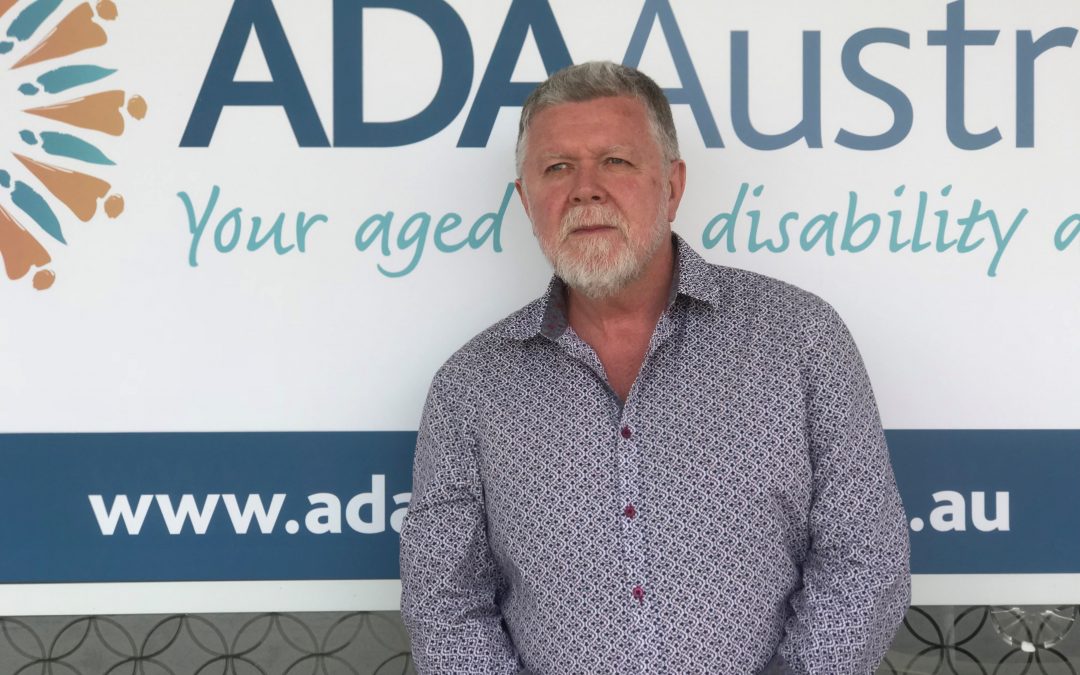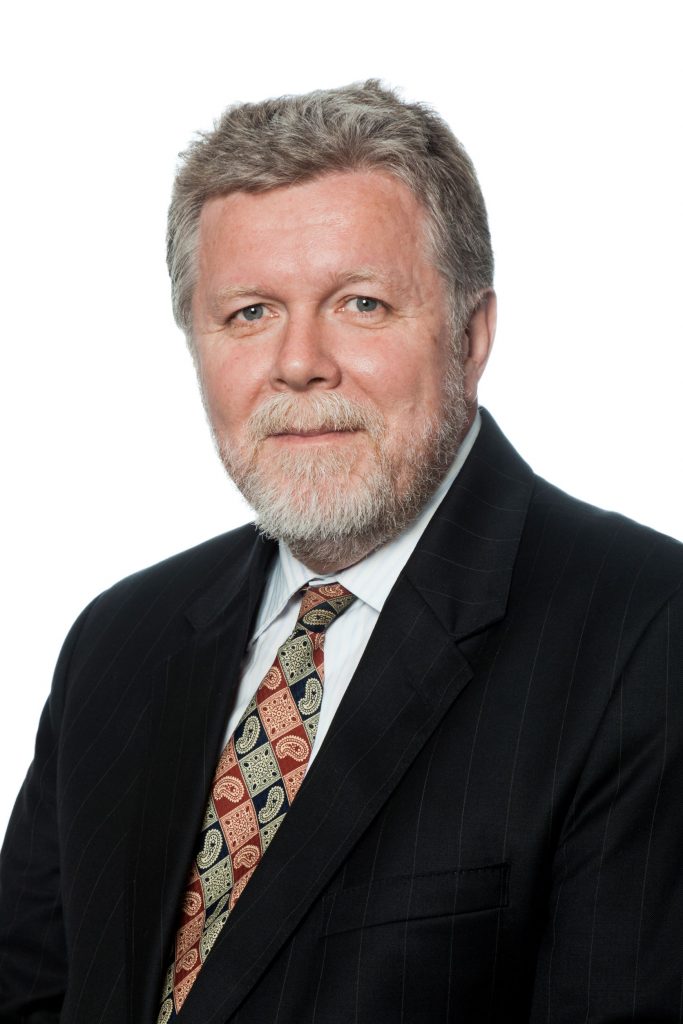One in 10 Queenslanders is a carer, some for up to 20 hours a week, others 24/7. It is these family and friends, the packages, Aged and Disability Advocacy Australia (ADA Australia) is all about giving older people a voice.
Each year, ADA Australia provides information and advocacy support to more than 3,000 Queenslanders and delivers education sessions to staff and consumers of aged care and community care services.
“Our challenge is simply to make sure that we all hear what older people are saying,” CEO Geoff Rowe says. “We are independent of both government and service providers, and our services are free and confidential.”
An advocate will discuss concerns and arrange a meeting with the relevant service and, if necessary, go along with the older person or speak on their behalf – all direction comes from what they want.
For many, having the confidence to raise an issue in the first place can be a problem in itself, particularly for the current generation, which often fears retribution. These are the people who have grown up during the Great Depression or World War II, who generally have high tolerance and low expectations and are grateful for any help.
“When I started in late 2014, I was talking to some of the advocates about how to describe the cohort of users, and they said it was the ‘grateful generation’,” Geoff says. “But the baby boomers are knocking on the door, and they speak up. One of the challenges going forward is how to deal with their changing expectations. These are older people with attitude.”
ADA has been providing individual advocacy support, information and education to users and potential users of aged care services in Queensland for the past 30 years and now has offices around the state.
When it comes to issues affecting older people, there is a broad area to cover, from physical or financial abuse and legal questions to navigating QCAT, or concerns with residential aged care.
“The Royal Commission findings reinforced that human rights are often absent in aged care,” Geoff says. “People think they are doing the right thing, but ageism is alive and well.”
And it’s ageism, he says, that allows elder abuse to happen.
Strong advocate for fairness and equality
Geoff has always felt strongly about human rights, social justice and inclusion.
He began working with kids experiencing homelessness on the Gold Coast in the 1970s and spent more than half his career in senior human services positions with the Queensland Government before moving into the aged and disability sector.
“It has been a natural progression,” he says. “Human rights is incredibly important and that has drawn me into the advocacy space. Leading an advocacy organisation is an opportunity to see that rights are protected, that voices are heard and that people are included in important decisions being made about them.”
In 2018, he was awarded a Churchill Fellowship to look at world’s best practice in preventing and responding to elder abuse in aged care and the community. It took him to the US, Canada, Alaska, UK and New Zealand.
“It was a fabulous opportunity. I have a real feeling that our response to elder abuse is where domestic violence was 20 years ago and my time in the US and Canada reinforced that,” he says. “I wanted to bring back information that would help us move forward.”
He would like to see elder abuse, physical or financial, treated as a crime and is calling for more community education so it can be recognised and called out.
Power of attorney is another subject close to his heart. Loss of capacity doesn’t happen overnight, so the older person should be encouraged to participate, informed in a way they can understand and have an opportunity to express their views.
Expansion of advocacy support through ADA
ADA has now opened a community legal centre to support those going before QCAT for guardianship or capacity issues and provides a group of lawyers to help with arrangements.
It collates information about issues that a lot of people are experiencing and tries to seek resolution with government, and ongoing education about its role is also important, as there is a constant turnover in the sector.
“We have to continue to make sure that people know we are here and that they can access advocacy services at no cost to themselves,” Geoff says. “Workers also need to understand the rights of older people.”
Demand for aged care advocacy will continue to grow, and Geoff wants it to also grow in diversity with specialist advocates so that it doesn’t matter who you are or where you are from you have someone who is culturally aware to help.
“It’s an interesting and varied role, as individual as the people, and the organisation has grown,” Geoff says. “If you are talking about human rights you can keep yourself busy forever.”


